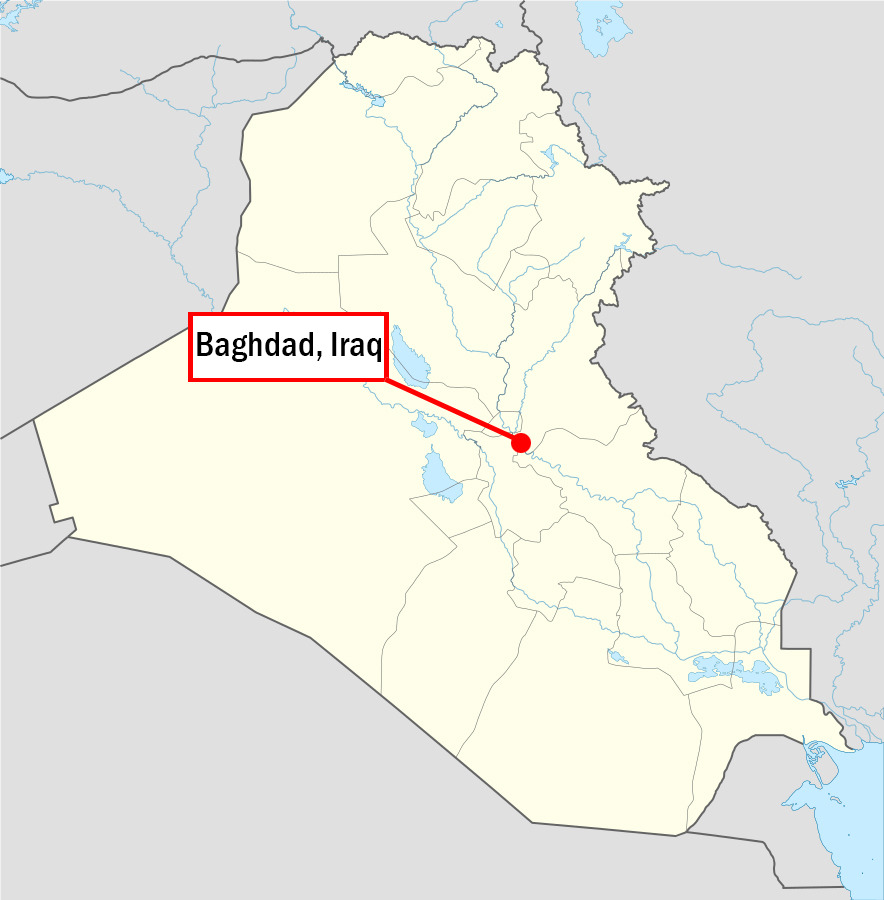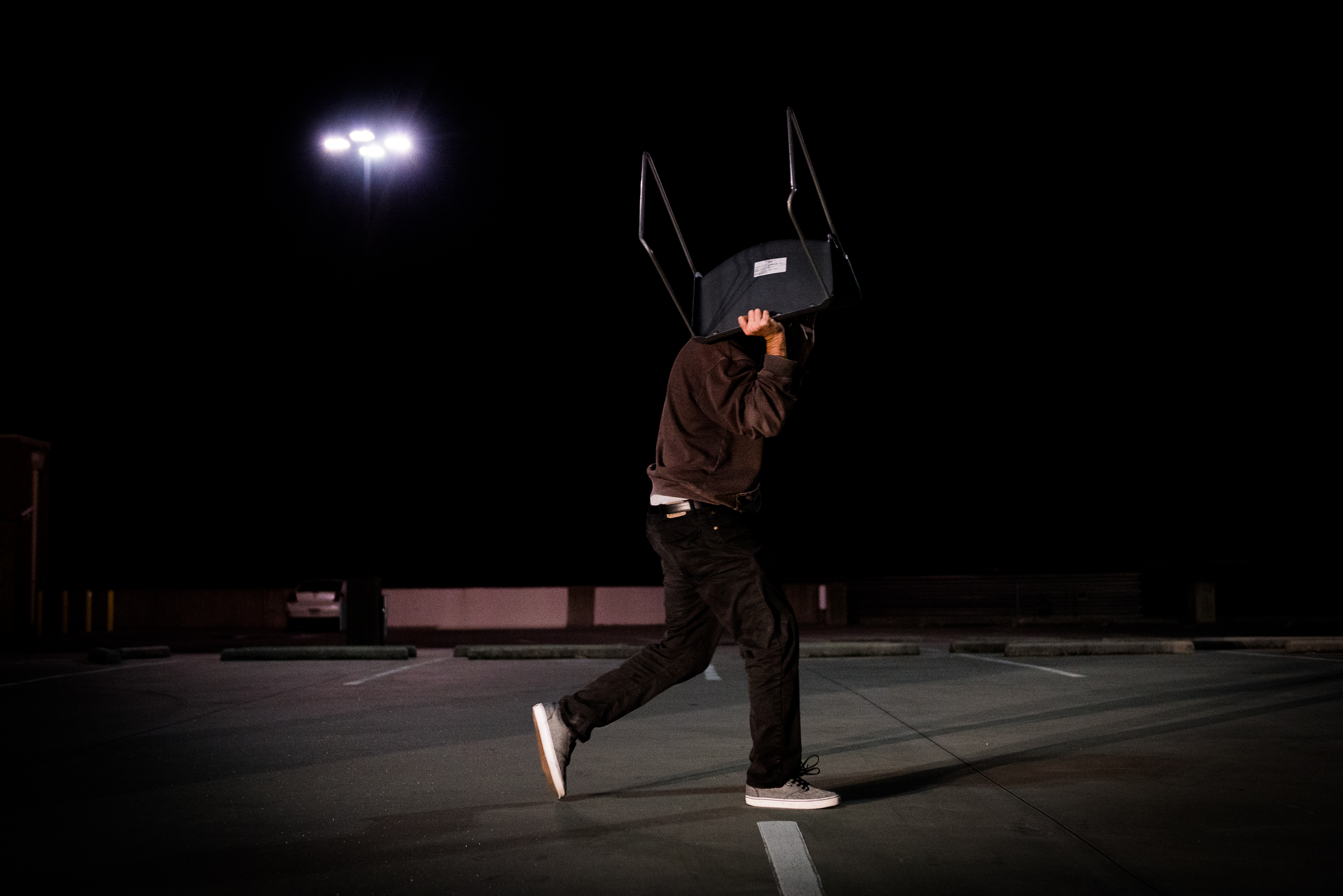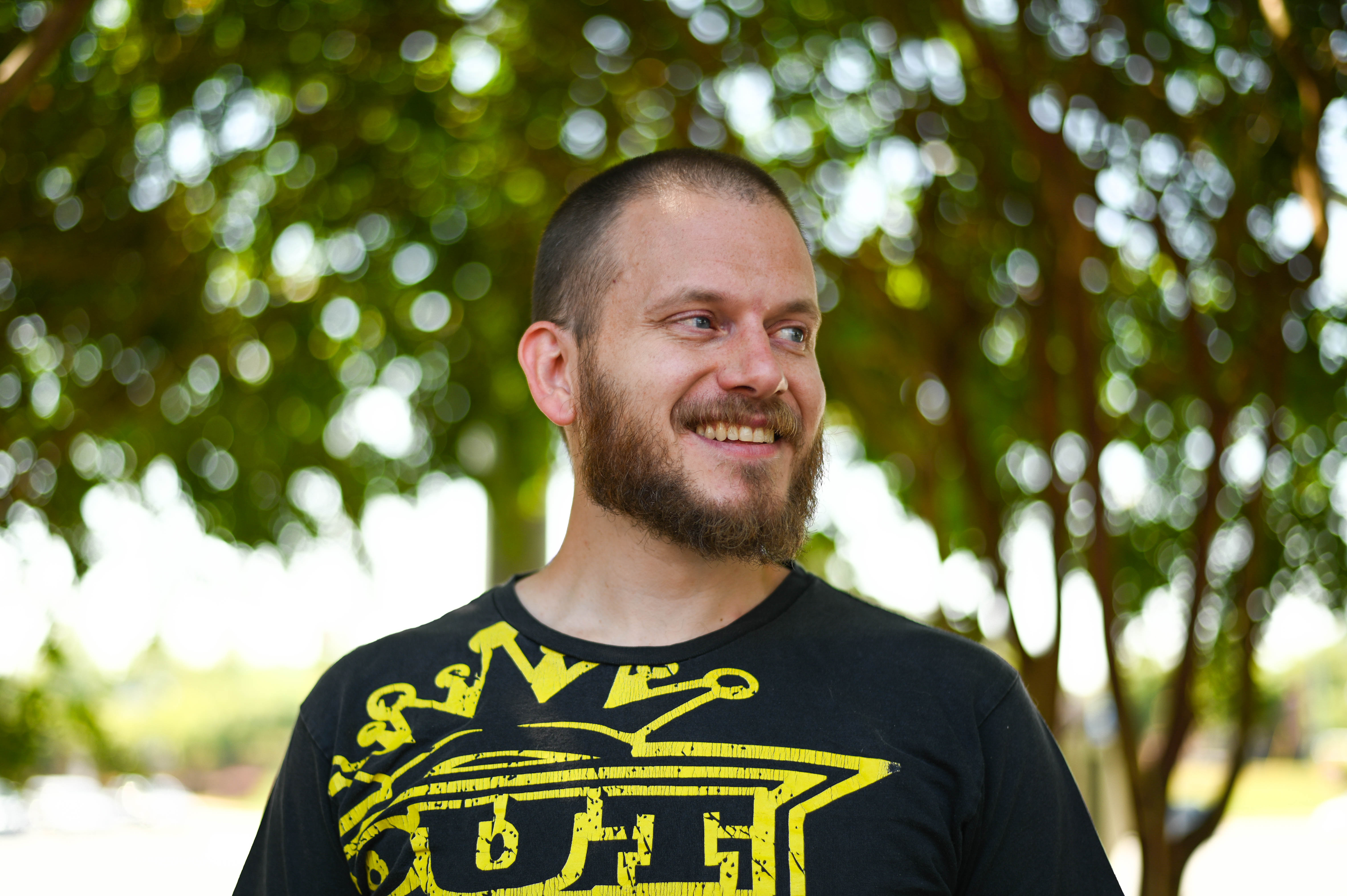What Happened?
Thousands of Iraqi demonstrators blocked main roads in the capital city of Baghdad, Iraq, Sunday, Nov. 3, to protest corruption within the Iraqi government, according to the BBC.
Students held sit-ins at schools across the capital while government offices were closed because of the protests Sunday, the first day of the work week in the country.
Protestors blocked the main roads with burning tires and barbed wire on Sunday, according to the Guardian.
Iraq’s Prime Minister Adil Abdul-Mahdi called on protestors to open the roads and for businesses to open back up Sunday. The closure of roads and businesses have been causing the country to lose billions of dollars and contribute to the high prices of goods protestors have been fighting against, according to the Guardian.
In Context
This is the second set of protests by Iraqi people this month, as protests began Tuesday, Oct. 1, to demand an end to high unemployment rates, widespread government corruption and poor public services, according to the BBC.
Mahdi, a Shiite Muslim, became prime minister of Iraq about a year ago and promised government reforms that have not yet come to fruition, also leading to the protests.
The U.S.-led invasion of Iraq in 2003, which led to the overthrow of former President of Iraq Saddam Hussein, has led to sectarian power-sharing in the Iraqi government, causing many grievances among the people, according to Reuters.
Power is split among the Shia Islam majority, Sunnis and Kurds in the Iraqi government, the Guardian reported. Despite regular elections being held in Iraq, mostly sectarian religious parties dominate these elections.
In Baghdad and other cities across Iraq, people have been experiencing power cuts, undrinkable water and the damaged public infrastructure.
The unemployment rate in Iraq was 13 percent in 2017, and the government stopped releasing the numbers after then, according to the Wall Street Journal.
Current President of Iraq Barham Salih and Shiite religious authorities have voiced support for the protests, suggesting the government protect peaceful protestors, The New York Times reported.
Iran and the U.S. both reacted, with Iran saying they believe the protests to be the work of the U.S. Israel and U.S. Secretary of State Michael Pompeo stated that the Iraqi government must listen to the people’s demands, according to PBS.
The Latest
The second round of protests restarted Friday, Oct. 25, after a short pause.
Iraqi security forces have shot rubber bullets, teargas and live ammunition at protestors, killing about 256 people and wounding thousands more since the protests began in October, according to the Guardian.
Two demonstrators were killed Friday, according to the New York Times. Salih said that Mahdi is willing to resign from his position after a successor is named.
Salih admitted the electoral system needed to change and proposed altering the current system so that Iraqi citizens can vote for representatives by district, as opposed to voting for individual candidates in a party, according to the New York Times.



